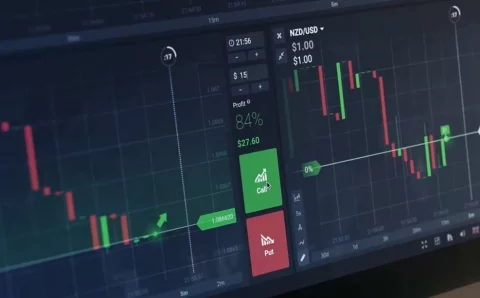[ad_1]
The research arms of Crisil Ratings and India Ratings have pared their growth forecasts of India’s passenger vehicle market by 4 per cent and 3 per cent, respectively, in the wake of the deepening shortage of the semiconductors, which in turn has led to the production loss at the auto makers. The continuing surge in chip demand globally and time lag to set up new capacities could keep up the pressure on supplies, they said. The normalisation can only be envisaged by the end of the second half next calendar year. While Crisil expects the PV market to advance 11-13 per cent year-on-year by end of FY22 against the earlier forecast of 14-16 per cent, according to India Ratings the growth in the segment is expected to moderate to15 percent 18 per cent y-o-y during FY22 from 18 per cent to 22 per cent.
Crisil has cut its forecast on the basis of its analysis of India’s top three PV makers which command a cumulative 71 per cent share. Semiconductors, also called chips, are crucial components of vehicles that facilitate a wide array of features such as navigation, infotainment and traction control. Premium cars with advanced safety and entertainment features need more chips compared with the base models. As a result of the mismatch in demand and supply waiting period for some models has increased from 2-3 months to 6-9 months. Pandemic-induced uncertainties led to sharp swings in orders by automakers, which account for 10-12 per cent of global chip demand, said Crisil in a report released on Tuesday.
India Ratings warns of a further downside risk. Any normalisation in production remains contingent on a softening of demand from various end-consumers of chips and an increase in chip production globally, said India Ratings.
India’s PV manufacturers have indicated a month-on-month improvement in production during October 2021, the continuing surge in chip demand globally and time lag to set up new capacities could keep the supply limited. Normalisation can only be envisaged to happen by end-2H22, it said.
India Ratings cites a robust demand from the electronics industry— one of the biggest consumers of chips, hoarding of semiconductors by the Chinese companies and poor planning by the automakers as the reasons for the shortage. Natural disasters affecting major chip factories further exacerbated the problem. Besides, logjams at ports have also affected shipment of chips this fiscal.
“Since the pandemic began, preference for personal mobility has increased, leading to more-than-expected demand for PVs. Besides, consumers have also been preferring vehicles with more electronics-driven features, or a higher semiconductor quotient. The upshot of the chip shortage has been PV production cuts, which will have a bearing on the ongoing festive season as well when sales are typically higher. Consequently, we foresee tempered overall growth for PVs this fiscal.” said Says Anuj Sethi, Senior Director, CRISIL Ratings,
The chip dearth is expected to continue well into the first quarter of next fiscal with capacity addition not keeping pace with demand, and long lead times of 12-18 months to set up a greenfield facility, said Crisil.
According to Mayuresh Korde, Team Leader, CRISIL Ratings, besides the impact on operating leverage stemming from production losses, higher metal prices could also dent operating profitability of auto firms by 100-150 bps to 6.5-7 per cent this fiscal. “However, their credit profiles will remain stable driven by still healthy cash flows, strong balance sheets and robust liquidity,” said Korde.
Given the time lag and the challenges of expanding chip capacity, the shortages could worsen and the situation may not normalise before 2H22. In fact, there is a possibility of an oversupply once planned chip manufacturing capacities come onstream in 2023 and 2024 A demand normalisation in the personal computer/laptop segment, can also lead to oversupply, according to India Ratings.
 Dear Reader,
Dear Reader,
Business Standard has always strived hard to provide up-to-date information and commentary on developments that are of interest to you and have wider political and economic implications for the country and the world. Your encouragement and constant feedback on how to improve our offering have only made our resolve and commitment to these ideals stronger. Even during these difficult times arising out of Covid-19, we continue to remain committed to keeping you informed and updated with credible news, authoritative views and incisive commentary on topical issues of relevance.
We, however, have a request.
As we battle the economic impact of the pandemic, we need your support even more, so that we can continue to offer you more quality content. Our subscription model has seen an encouraging response from many of you, who have subscribed to our online content. More subscription to our online content can only help us achieve the goals of offering you even better and more relevant content. We believe in free, fair and credible journalism. Your support through more subscriptions can help us practise the journalism to which we are committed.
Support quality journalism and subscribe to Business Standard.
Digital Editor
[ad_2]
Source link





